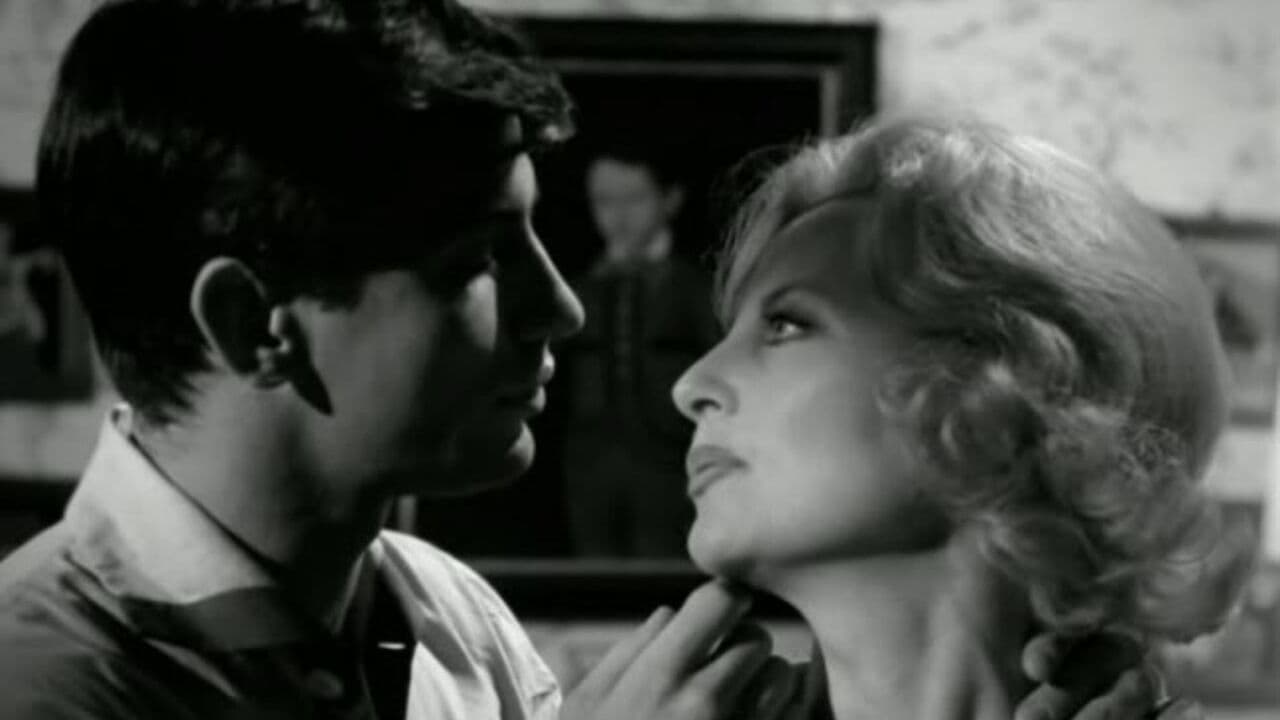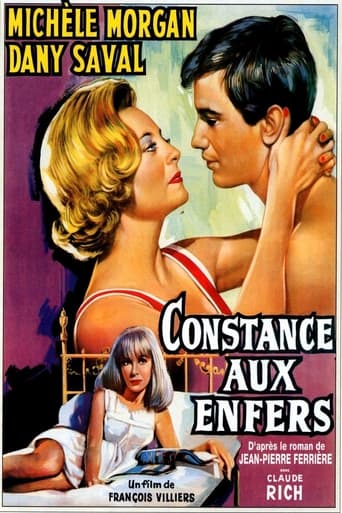2hotFeature
one of my absolute favorites!
Dorathen
Better Late Then Never
Merolliv
I really wanted to like this movie. I feel terribly cynical trashing it, and that's why I'm giving it a middling 5. Actually, I'm giving it a 5 because there were some superb performances.
Robert Joyner
The plot isn't so bad, but the pace of storytelling is too slow which makes people bored. Certain moments are so obvious and unnecessary for the main plot. I would've fast-forwarded those moments if it was an online streaming. The ending looks like implying a sequel, not sure if this movie will get one
dbdumonteil
Like Clouzot at the end of "Les Diaboliques" ,the director warns the audience: please,don't tell your friends the ending of my story!don't spoil their pleasure!What pleasure ?The beginning is a pale imitation of "rear window" and the movie continues as a "Diaboliques " rip off ;only the last third shows some originality,so to speak:the average viewer can guess the ending at least twenty minutes before the "unexpected " end .Why on earth did Michele Morgan get involved in that business?Her character of a lonely widow longing for love verges on ridicule;and anyway how could the young lovers be sure she would be so naive?The supporting cast is either almost unbearable (Dany Saval,Maria Pacome) or bland (the young gigolo).Even the last "trick" is borrowed from Maurice Cam's "Metropolitain" (1938).The score includes Vivaldi's "four seasons" and Sidney Bechet's "Petite Fleur"

